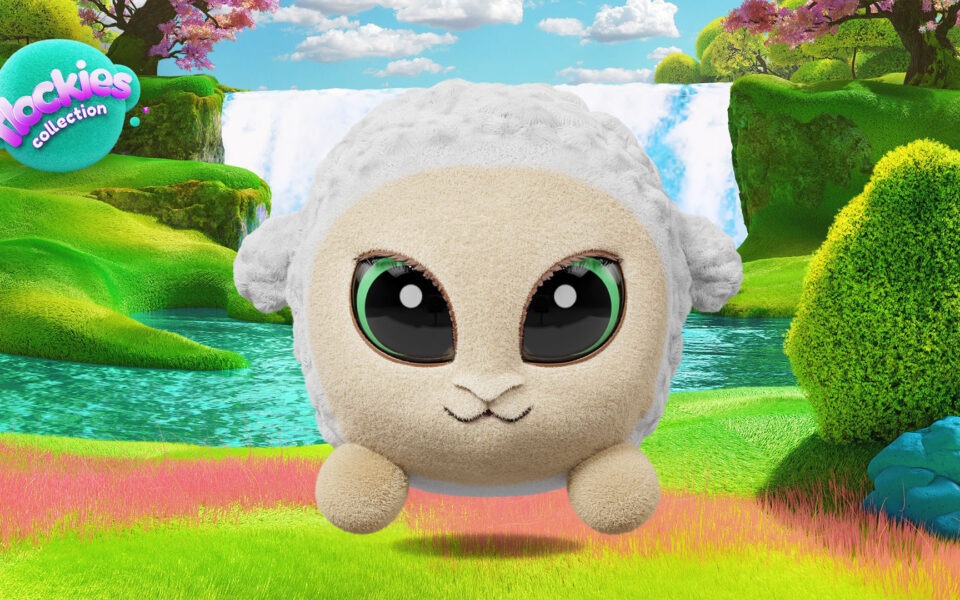
WHY ARE CHICKENS YELLOW?

WHY DO FROGS CROAK?
WHAT DOES IT MEAN THAT THE CAT GOES ITS OWN WAY?

We will delve into the mysterious world of cats and reflect on the popular saying that “a cat goes its own way”. Is it true that cats always go their own ways, or is there more than what is actually seen at first glance?
Cats have long been associated with independence and self-reliance. Their independent nature means that they are often compared to humans, who also like to have their own space and time for themselves. However, does this mean that cats always go their own ways?
The truth is that cats are very individual in their behaviour and personality. Some of them may be more inclined to be solitary and explore their surroundings on their own, while others may be more sociable and curious about the world around them. Some cats may be easily satisfied living indoors, whereas others may be more interested in exploring the outside world.
There are also external factors that can influence whether or not cats go their own ways. For example, cats that have been brought up indoors from a young age may be more attached to their environment and less inclined to go out on their own. In contrast, cats who have been homeless in the past or have had negative experiences outside may be more independent and cautious in their actions.
It is also worth noting that most cats value close relationships with humans and often seek their company. Cats can be very devoted and loyal to their carers, often showing love and gratitude in a variety of ways, from purring and stroking to sniffing and embracing.
So, although the popular saying goes that “a cat goes its own way”, the truth is that the reality is much more complex. Cats are highly individual creatures that can exhibit different behaviours and preferences, depending on their personality, life experiences and the environment they live in. Finally, what makes cats so special is their ability to form deep and lasting bonds with the people who are important to them.



